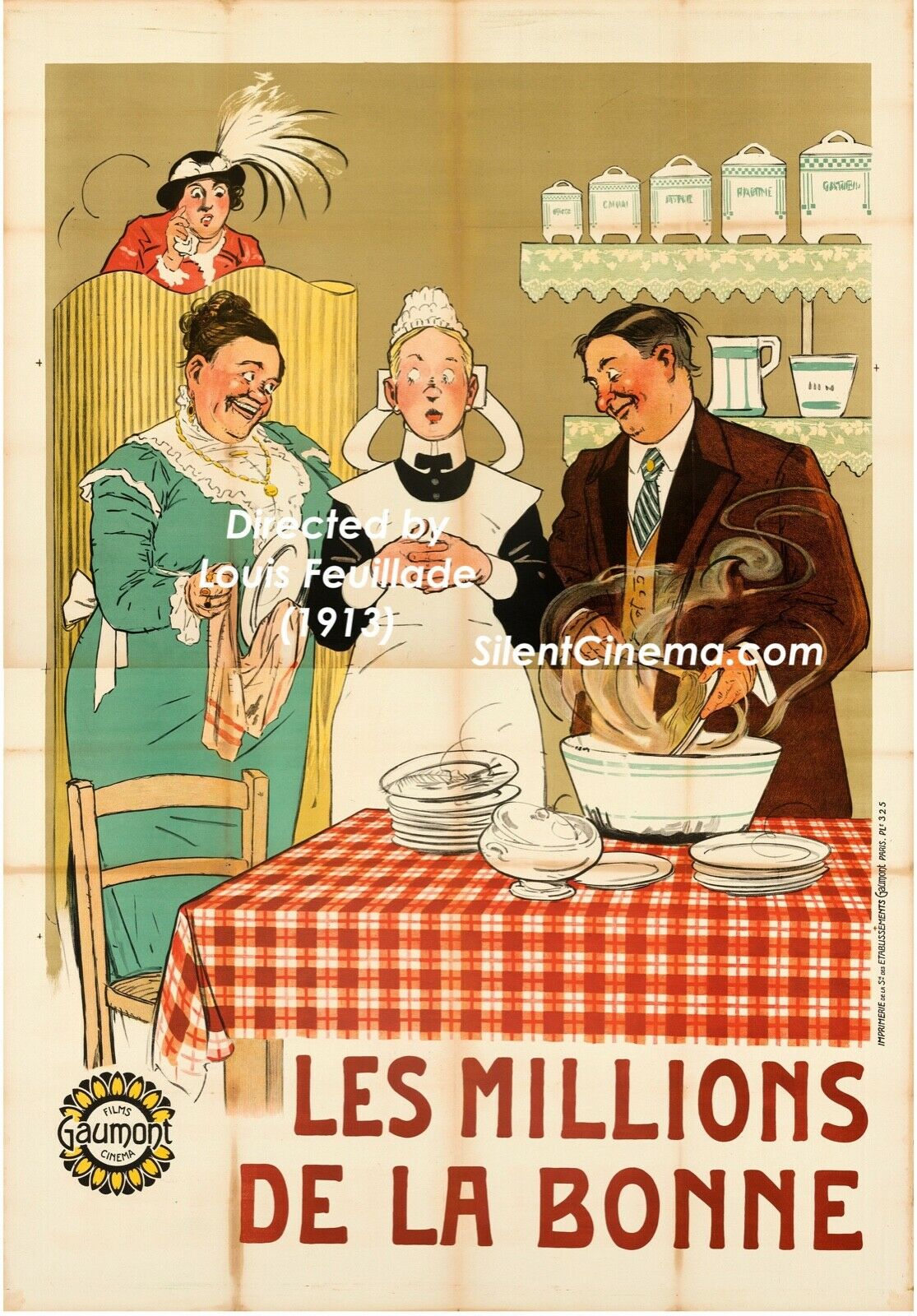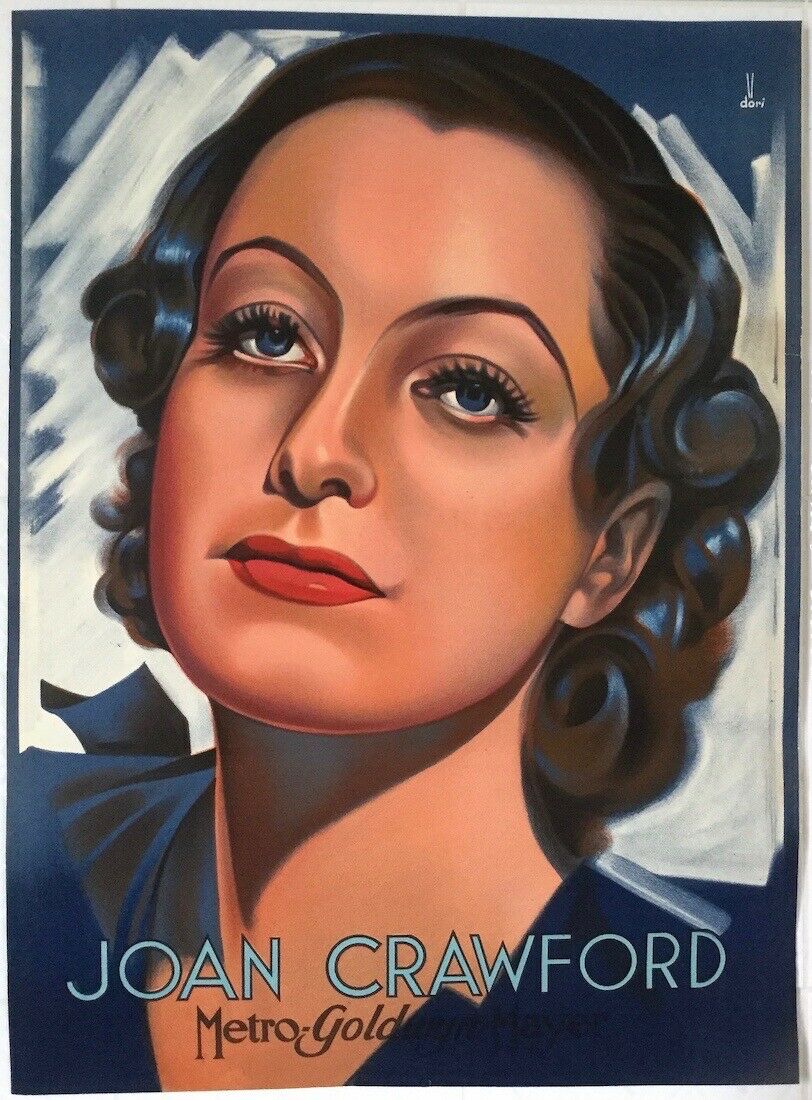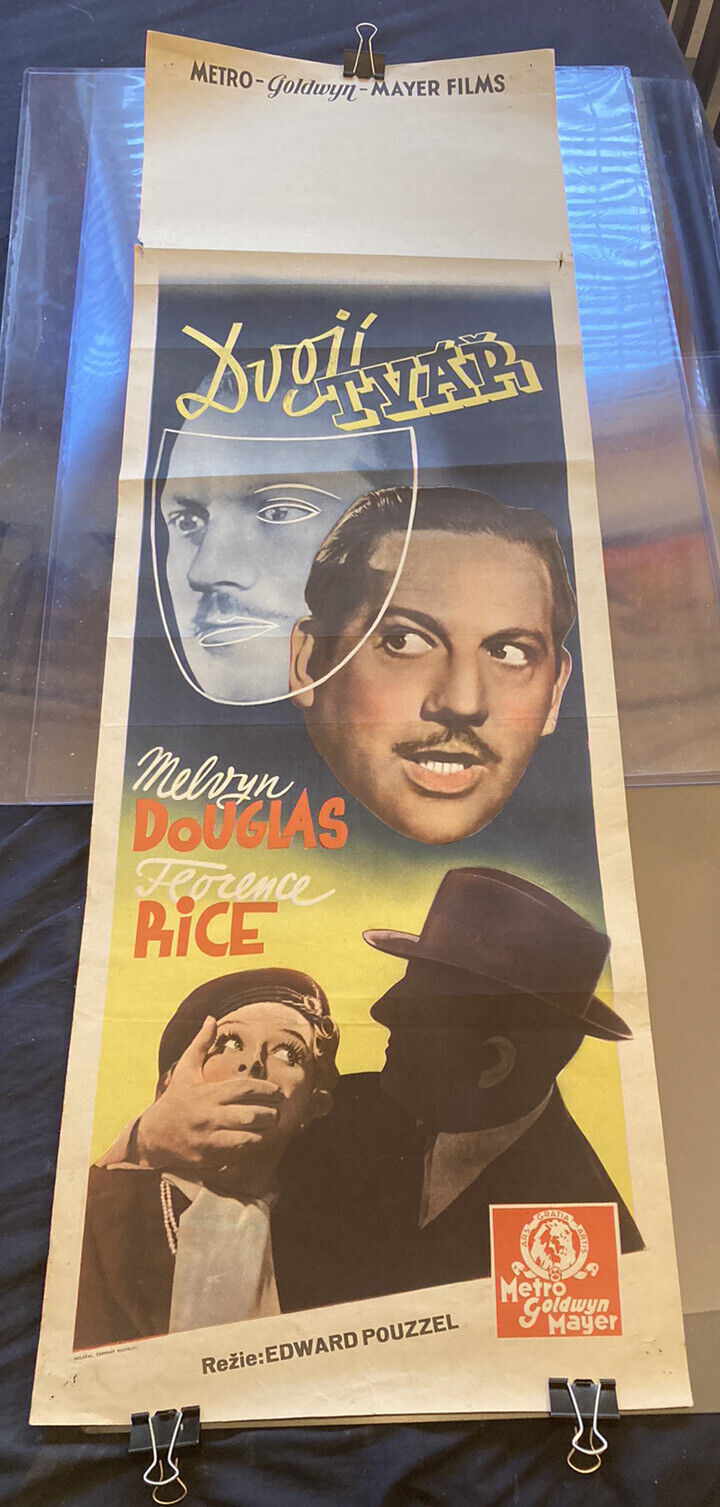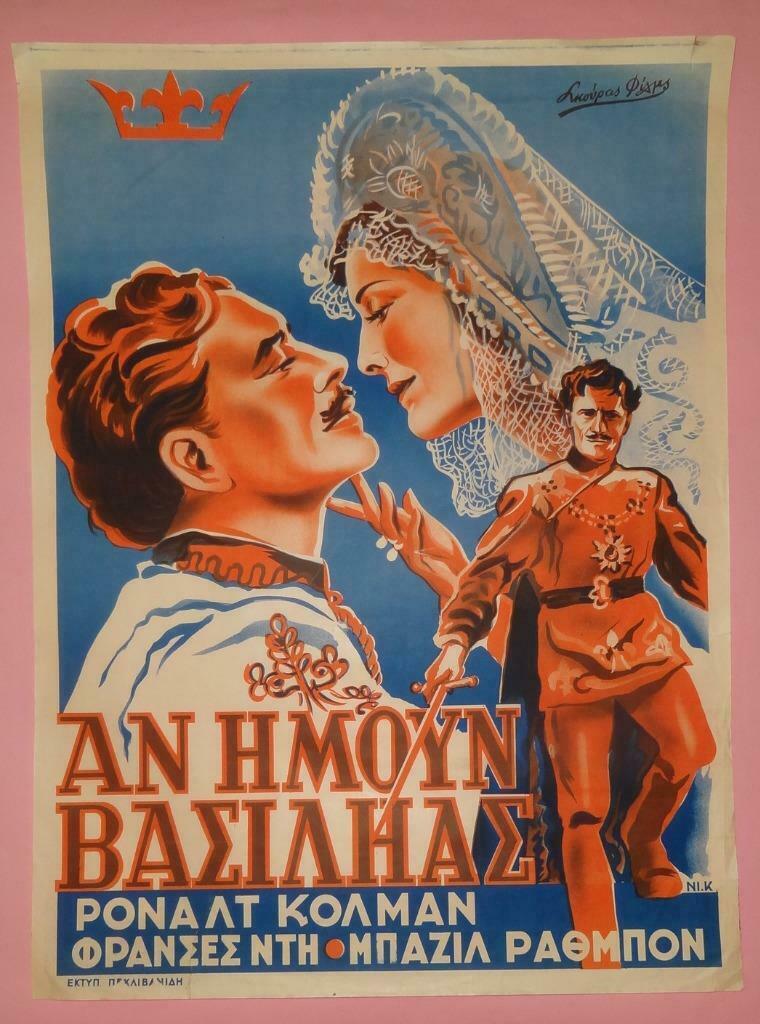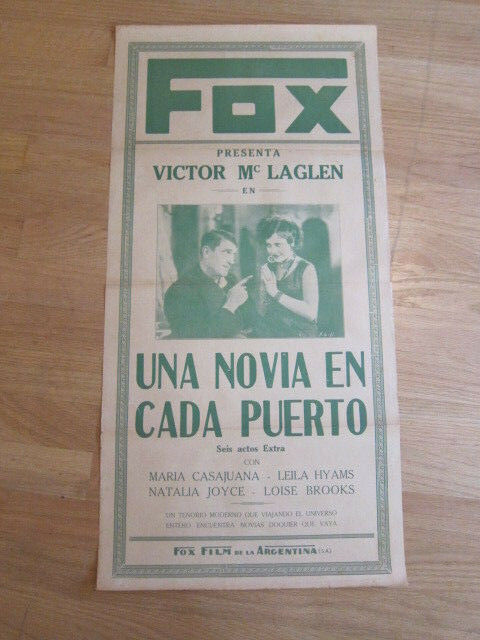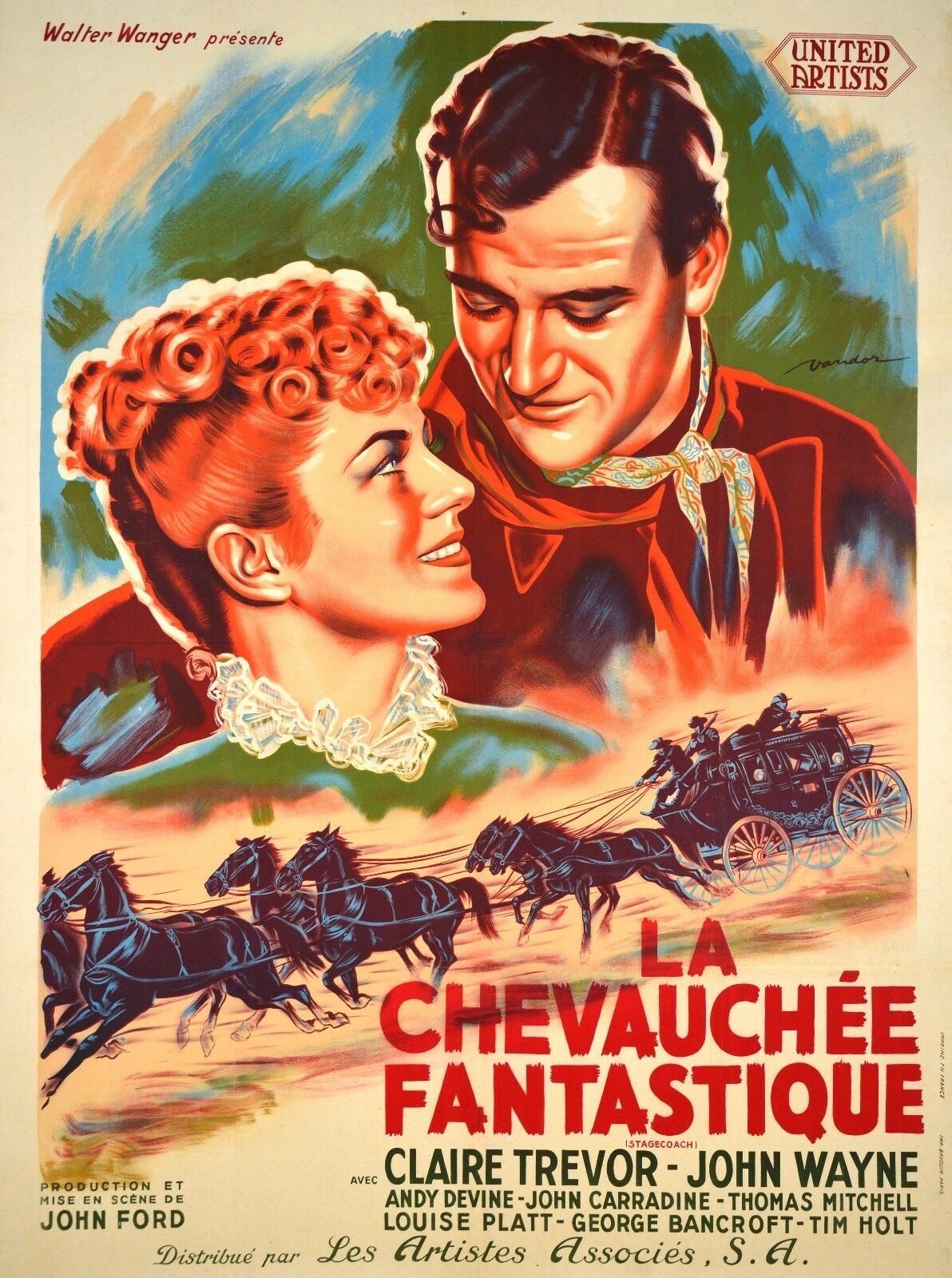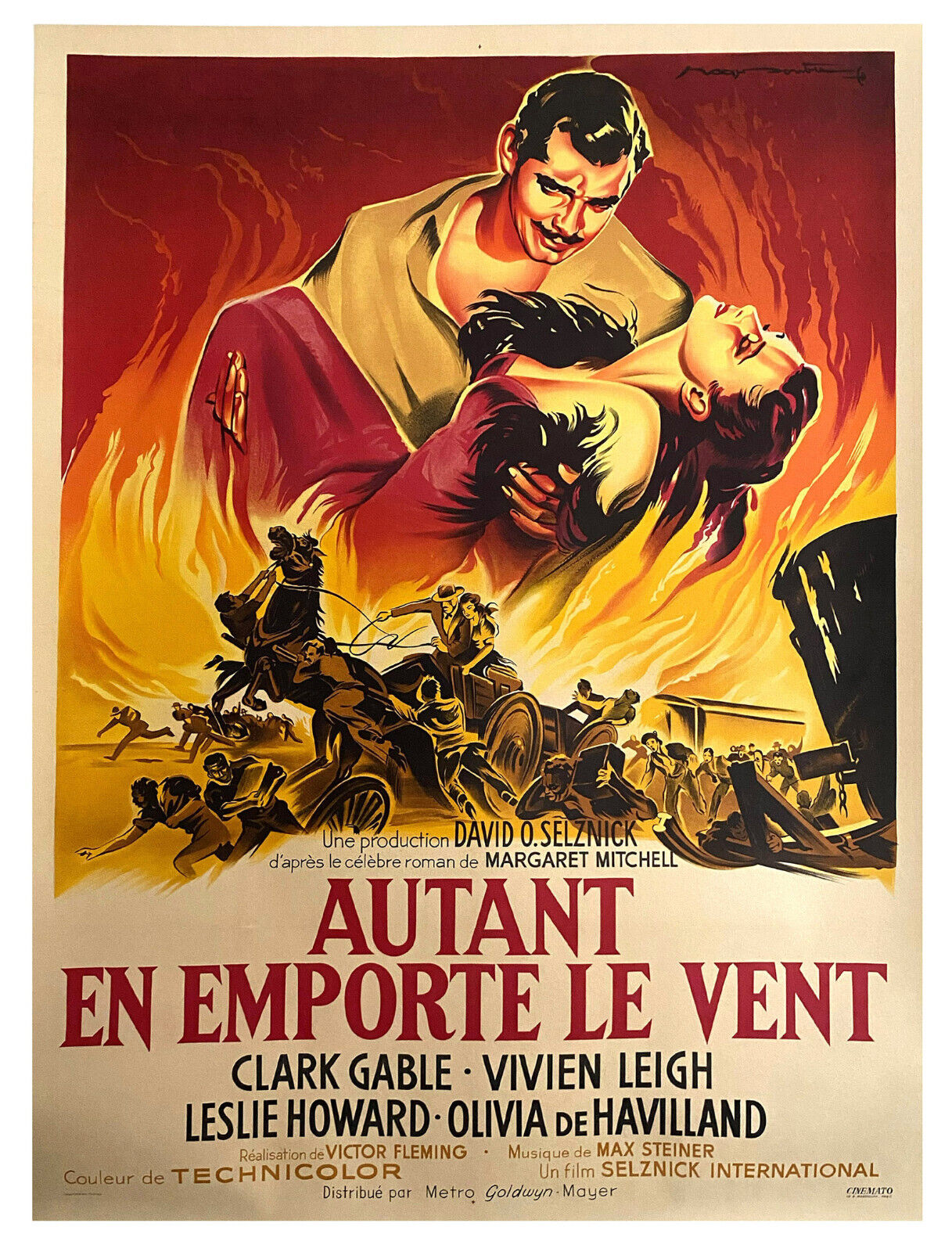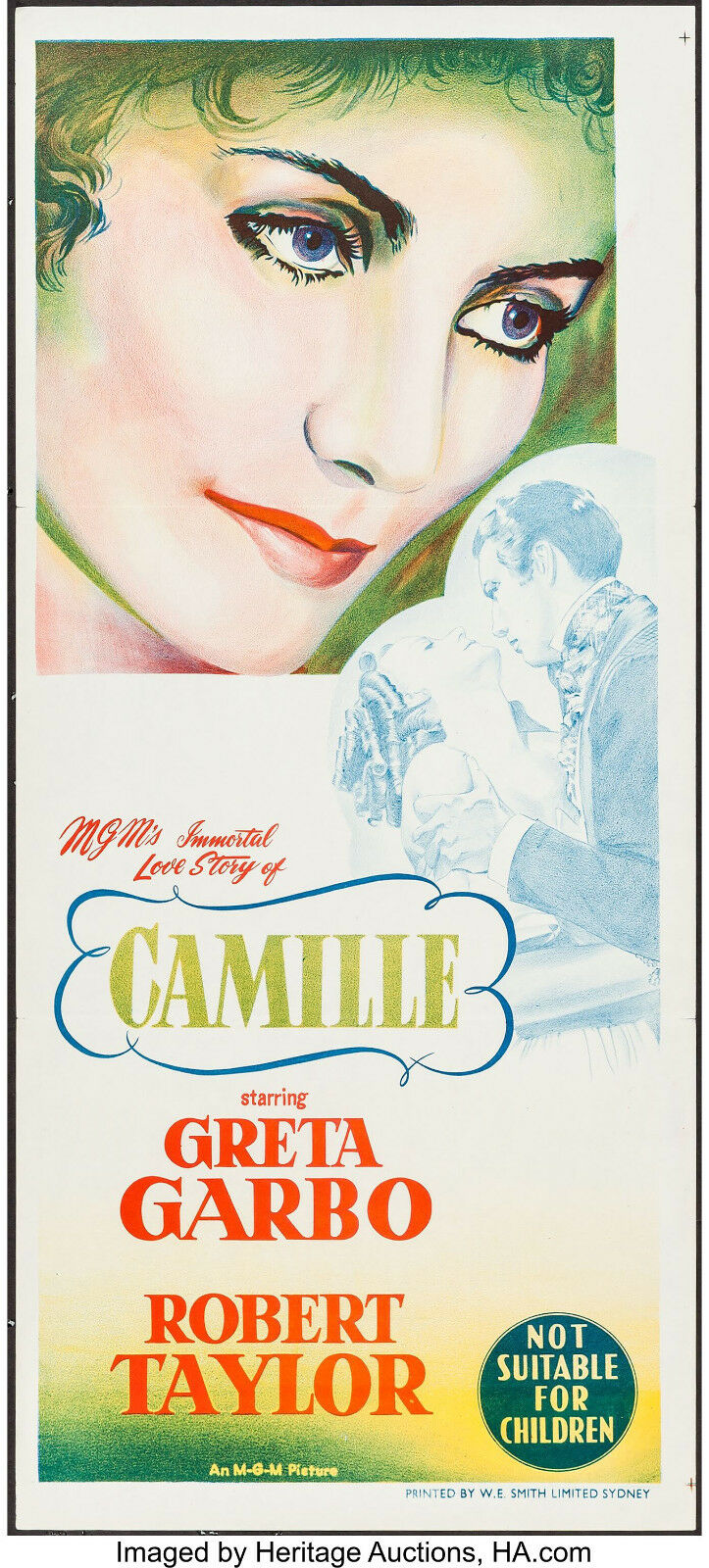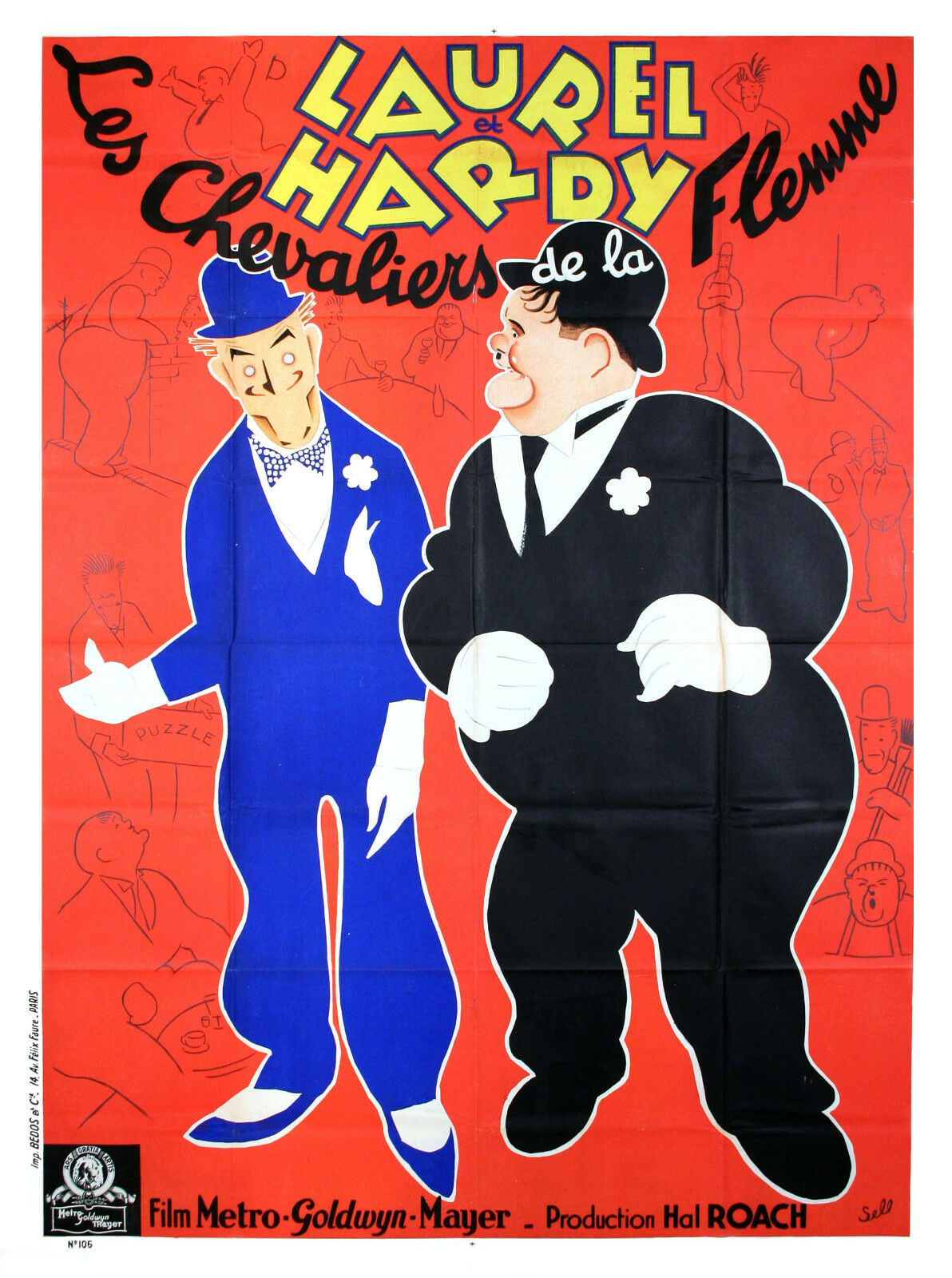-40%
Louis Feuillade's LES MILLIONS DE LA BONNE (Maid's Millions) 1913 Comedy Short
$ 842.68
- Description
- Size Guide
Description
Vintage original 59.25 x 85 in. (150.495 x 215.9 cm.) French Double Grande posterfrom the mid-teens French silent film comedy short,
LES MILLIONS DE LA BONNE
(
The Maid's Millions
), released in France in on December 12, 1913 by Gaumont and
directed by Louis Feuillade
. In this early French short comedy, societal roles are reversed when a family discovers that their humble housemaid may be none other than the daughter of the American millionaire Machafeller (a play on words of Rockefeller) and take on her duties to ingratiate themselves with the presumed heiress. The cast includes Madeleine Guitty, Paul Manson, Georges Melchior, and Delphine Renot.
This country-of-origin stone lithograph poster, which is unrestored and folded as originally issued, displays signs of use, including light edge and fold wear, small fold separations, minor creases, and minute tears as well as slight toning and staining on the edges and in the folds.
Louis Feuillade
(French: [fœjad]; 19 February 1873 – 25 February 1925) was a prolific and prominent French film director during the silent era. Between 1906 and 1924, he directed over 630 films and is primarily known for the serials
Fantômas
,
Les Vampires,
and
Judex
.
After the deaths of his parents, he went to Paris in 1902 seeking literary success, but would suffer miserably for several years.
At the beginning of 1905, he started to submit screenplays to Gaumont
and Gaumont's artistic director, Alice Guy-Blaché, both bought his scripts and invited Feuillade to direct them himself. Concerned about his financial difficulties and family to support, Feuillade declined the directing job in order to continue working as a journalist. At his suggestion, Guy-Blaché hired Étienne Arnaud to direct Feuillade's early screenplays at Gaumont. But by 1906, he had gained enough confidence to start directing his own scripts, which were mostly comedies. In 1907, Guy-Blaché moved to the United States and, upon her suggestion, Feuillade was made Artistic Director of Gaumont. He would work for Gaumont until 1918, while at the same time producing his own films, so that by 1925 (the year of his death), he estimated that he had made around 800 films. (At the time he started in cinema, a film rarely lasted more than ten minutes). He made films of all types—trick films at the beginning, modeled on those of the great Méliès, comedies, bourgeois dramas, historical or biblical dramas, mysteries and exotic adventures—but he is remembered best for his serial films.
Louis Feuillade was the father-in-law of the French film director Maurice Champreux and the grandfather of the French actor, screenwriter, and film director Jacques Champreux.
The
Fantômas
serial in 1913 was his first masterpiece, the result of a long apprenticeship—during which the series with realistic ambitions, Life as it is, played a major role. It is also the first masterpiece in what the modern critic, from both a literary and a cinematographic point of view, would later call "the fantastic realism" or the "social fantastic".
He is credited with developing many of the thriller techniques used famously by Fritz Lang, Alfred Hitchcock, and others.
